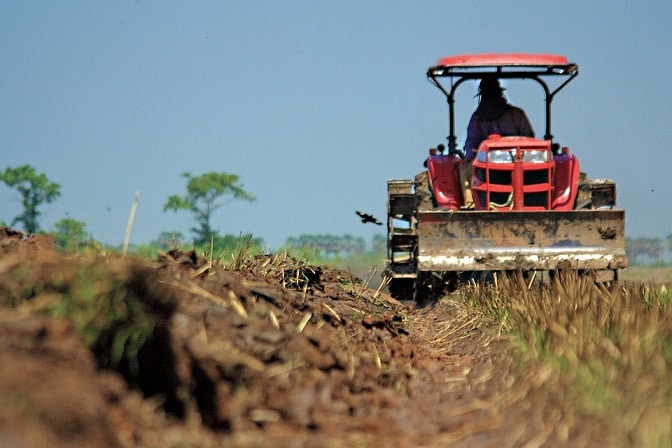Because our bodies are made up of roughly 70 percent water and we need to keep that same amount in order to maintain optimum health, water is one of the most important elements for human beings. Water is necessary for maintaining personal cleanliness, doing laundry, preparing food, and engaging in recreational activities. Gardening and farming are two more activities that necessitate water”or do they?
Is It Even Possible to Farm Without Water?
When it comes to gardening or the cultivation of fruit and vegetables, sunlight and water are two of the most important components; but, what should one do if they reside in a region that is experiencing a drought? People will still require food to eat even if there is a drought, and this necessitates the cultivation of food crops. Some forward-thinking farmers have devised a method of farming that does not require the use of water.
Is agriculture even possible without water? In point of fact, the answer is yes; or at the very least, with a minimum amount of water. The practise of “dry farming” has been adopted by some forward-thinking farmers in California despite the state’s ongoing drought, and the results have been nothing short of amazing.
Farmers that engage in dry farming deliberately restrict the amount of water that is used on their crops to an extremely low level. The plants are given a small amount of water to help them get off to a healthy start during the first few weeks of the planting season, but after that, the plants’ access to water is totally severed.
The absence of water might lead one to believe that the plants will perish, but the reality is just the opposite: the young plants will produce roots that are extraordinarily deep as they search for water at greater depths in the soil. Produce such as grapes, tomatoes, apples, potatoes, and melons have done very well from dry farming, and the resultant fruit is far more flavorful and sweet than that produced using standard agricultural methods.
There are, of course, a few drawbacks to this method of farming, including the fact that it produces between three and ten times less product per acre and requires a greater amount of labour. Farmers are required to till the soil throughout the entire year until it becomes highly powdery in consistency in order to stop the rainwater from evaporating through the surface of the ground.
Dry farming is not for everyone, nor is it monetarily viable for many people; rather, it is considered a labour of love by those who practise it. Even while produce grown in dry farms tends to be sweeter and is gaining popularity, this farming method is not a path to financial success. It is, however, a means for farmers to continue producing food in order to feed the inhabitants at the very least during a drought, and with enough practise and trial, one hopes that a technique can be found to create a better yield.
You can either buy water coolers from Living-water or rent bottled water coolers in the city of London.






